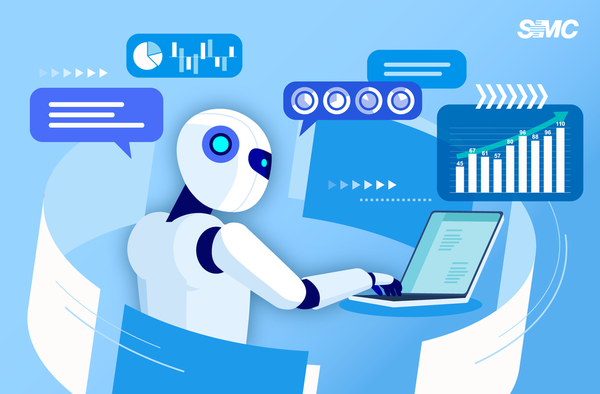
Samsung Medical Center (SMC) has introduced an automated issuance system that incorporates artificial intelligence (AI) technology to issue copies of medical records.
That reduced the online application, which took a full day, to one hour and slashed the waiting time for on-site issuance to five minutes on average.
SMC said Wednesday that it has stably operated the online automatic issuance of medical records that incorporated robotic process automation (RPA) since its introduction on Sept. 25 last year.
RPA is a technology that automates tasks repeatedly handled by humans through software robots combined with AI. It reduces manual errors and increases work productivity.
In 2019, SMC became the first medical institution in Korea to launch a service for issuing copies of medical records through the hospital's PC website. In October 2022, it also introduced a mobile issuance service for the first time in Korea.
This is also the first time RPA has been applied to the online copy issuance system for medical records in Korea. By standardizing business processes, RPA automatically performs everything from checking online application contents to creating and uploading PDFs, and a person in charge completes the issuance after a final check.
Since the introduction of RPA, online issuance, which used to take about a day, is now possible within one hour per application, and the average waiting time for customers visiting the window has been reduced to five minutes.
SMC plans to upgrade the application of RPA to provide almost real-time issuance. The hospital expects to eliminate customer inconvenience caused by waiting for online and offline copies and improve patient convenience and satisfaction.
In addition, it is expected to contribute to the Care Network through strengthening the critical care system.
"I think the synergy with the mobile PDF issuance service for copies of medical records, introduced for the first time in Korea at the end of last year, is the key to its success," said Professor Cha Won-cheol of the Department of Emergency Medicine who also heads the Data Innovation Center. "It will be another leading example of digital innovation to strengthen the critical care system that Samsung Medical Center is pursuing."

